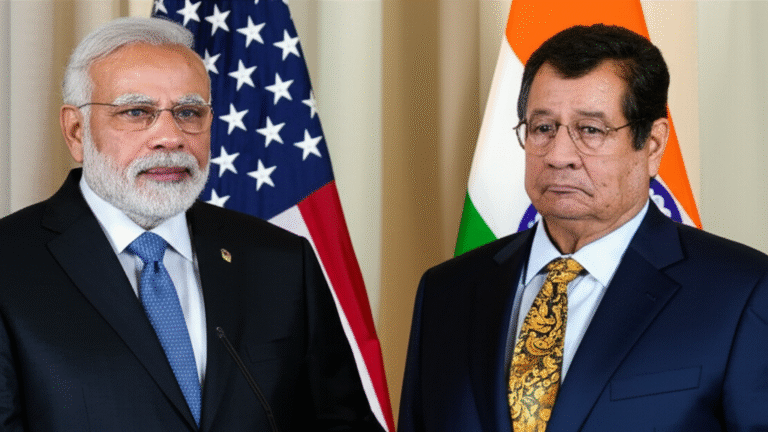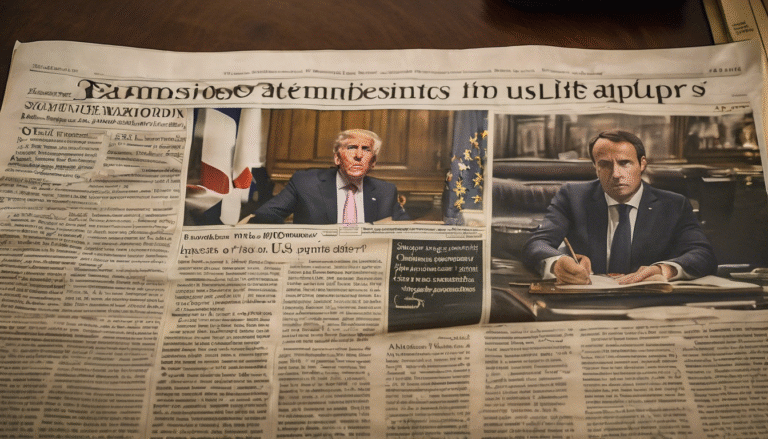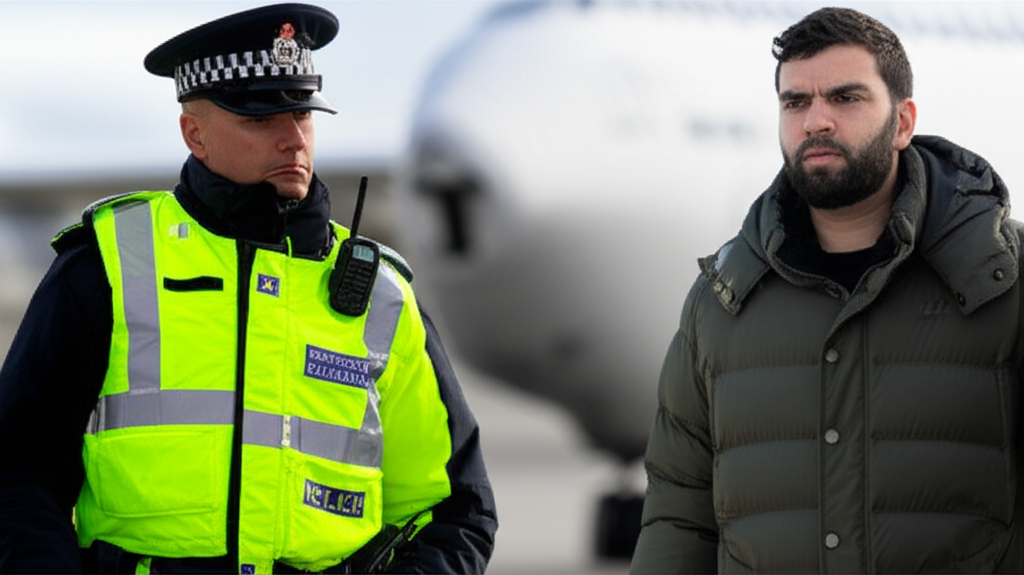
A second individual, an Eritrean man, has been deported from the United Kingdom to France under a recently implemented bilateral agreement. The deportation occurred on Friday morning, just one day after the first person was removed under the same scheme. This action is part of the government’s new ‘one in, one out’ pilot program, a UK-France migrant deal designed to address the increasing number of people crossing the English Channel in small boats. The man’s removal followed an unsuccessful legal challenge in the High Court, where he had sought a temporary block on his deportation.

The policy, which came into force last month, is a key component of the government’s strategy to deter illegal immigration and manage the small boats crisis, a topic that has attracted significant political pressure and international commentary. The Eritrean national, who had arrived in the UK via a small boat in the previous month, was placed on a flight to France after the court’s decision, marking a significant step in the operational phase of the new agreement. The successful implementation of these first two removals demonstrates the government’s intent to enforce the policy despite facing legal obstacles.
Details of the High Court Ruling
The deportation proceeded after a High Court judge, Mr Justice Sheldon, refused the migrant’s application for interim relief. This legal measure would have temporarily halted his removal pending a more comprehensive legal challenge against the deportation decision itself. The man’s legal team had presented several arguments against the Home Office’s decision. They contended that the process was “procedurally unfair,” asserting that their client had not been provided with an adequate opportunity to submit evidence to support his claim as an “alleged trafficking victim.” This argument formed the core of their request for a temporary injunction.
However, Mr Justice Sheldon, in his ruling on Thursday, concluded that “there is no serious issue to be tried in this case.” The judge found significant issues with the claimant’s credibility, noting that the man had provided differing accounts regarding his trafficking allegations. According to the ruling, these inconsistencies were substantial enough for the Home Office to reasonably determine that his account could not be believed. “It was open to (the Home Office) to conclude that his credibility was severely damaged and his account of trafficking could not reasonably be believed,” the judge stated. Furthermore, Mr Justice Sheldon emphasized that there was a “significant public interest in favour of the claimant’s removal,” weighing this factor against the man’s appeal. This ruling contrasted with a case earlier in the week involving the same judge, where a different outcome was reached.
The ‘One In, One Out’ Agreement Explained
The framework enabling these deportations is a pilot scheme agreed upon by the British and French governments in July. This UK-France migrant deal was established as part of a concerted effort to deter the record number of individuals arriving in the UK by small boats across the English Channel. The central tenet of the ‘one in, one out’ policy is reciprocity. Under the terms of the agreement, individuals who arrive in the United Kingdom via small boats can be sent back to France.
In exchange for this cooperation, the UK has committed to accepting a number of asylum seekers who have established links to Britain, such as family connections. This reciprocal element is designed to create a managed and legal pathway for certain individuals while disincentivizing the dangerous and illegal Channel crossings. Following the recent deportations, the Home Office has indicated that the UK “will accept legal migrants through a new safe route in the coming days,” signaling the next phase of the agreement’s implementation. The government’s objective is to break the business model of human traffickers by demonstrating that the small boat route will not lead to a successful asylum claim in the UK.
Legal and Political Context
The implementation of the returns agreement has not been without challenges and has faced considerable scrutiny. Earlier in the week, reports emerged of planned removal flights being cancelled, which raised questions about the viability of the scheme. These developments were closely followed by two significant legal challenges brought before the High Court. On Tuesday, an Eritrean man successfully petitioned the court to temporarily block his deportation. In that instance, the judge determined there was a “serious issue to be tried” concerning the lawfulness of his removal, particularly in relation to claims that he had been a victim of trafficking.
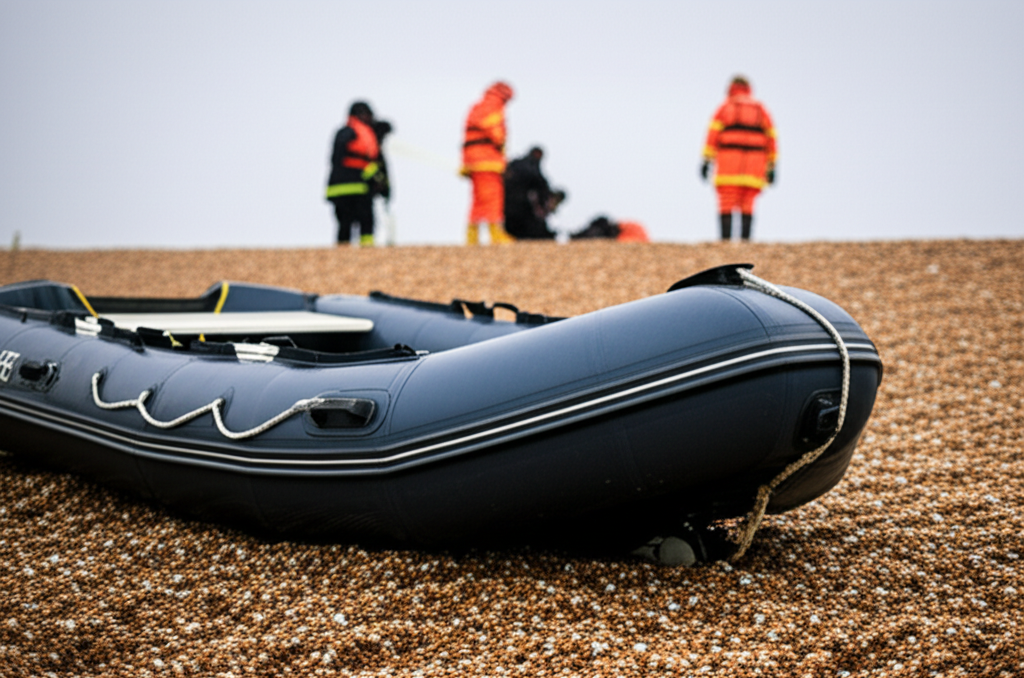
The government has remained steadfast in its position. Home Secretary Shabana Mahmood stated that the first successful return sent a clear message to those considering crossing the Channel. “If you enter the UK illegally, we will seek to remove you,” she affirmed. Mahmood also pledged to “continue to challenge any last-minute, vexatious attempts to frustrate a removal in the courts.” The issue has also drawn commentary from international figures. During a state visit to the UK, US President Donald Trump commented on the matter, suggesting Prime Minister Sir Keir Starmer “should take a very strong stand” on immigration.
“You have people coming in, and I told the prime minister I would stop it, and it doesn’t matter if you call out the military, it doesn’t matter what means you use. It destroys countries from within and we’re actually now removing a lot of the people that came into our country.”
In a later interview with Fox News, the US leader reiterated his view, stating of Sir Keir: “I think he should take a very strong stand on immigration. It’s really hurting him badly.”
- The program facilitates the return to France of individuals who crossed the English Channel.
- It operates on a reciprocal basis, with the UK accepting asylum seekers who have family links.
- The pilot scheme was established in July to deter a record number of small boat arrivals.
- Deportations are proceeding despite legal challenges being brought before the High Court.
Background
The foundation for the recent deportations was laid in July when ministers from the UK and France agreed to the pilot scheme. The primary driver for this bilateral cooperation was the unprecedented number of arrivals via small boats, which had placed significant strain on resources and created intense political pressure on the government to act. The deal was structured to create a deterrent effect by establishing a clear consequence for those who cross the English Channel through unauthorized means. The core concept is that such a journey would result in a return to the European continent, thereby undermining the motivations for making the crossing. The initial phase of implementation was met with scrutiny, especially following reports of cancelled flights, which cast doubt on the government’s ability to execute its policy. The successful deportations on Thursday and Friday, therefore, represent a critical milestone for the administration in demonstrating the program’s operational capability.
What’s next
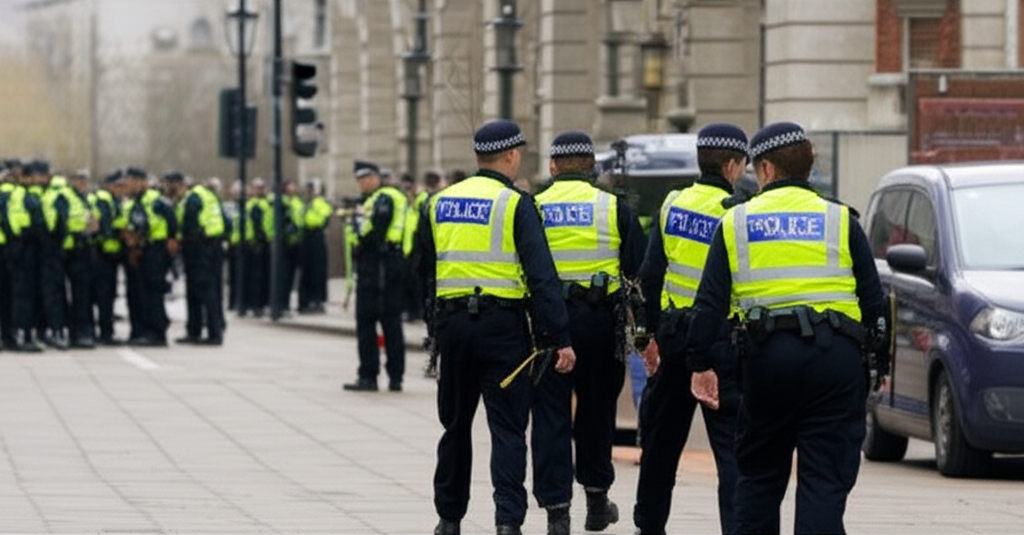
Looking ahead, the government has signaled its firm intention to continue with the policy. The Home Secretary’s commitment to fighting legal challenges suggests that more court battles are anticipated as further removal orders are issued. The Home Office’s announcement regarding the imminent opening of a “new safe route” for legal migrants marks the next stage of the UK-France migrant deal. This will involve the UK accepting asylum seekers from France who have existing family connections in Britain, fulfilling the reciprocal aspect of the agreement. The coming weeks are likely to see continued enforcement actions, further legal proceedings, and the formal launch of the legal pathway for asylum seekers, as the government seeks to fully implement its strategy to manage cross-Channel migration. [Source]





